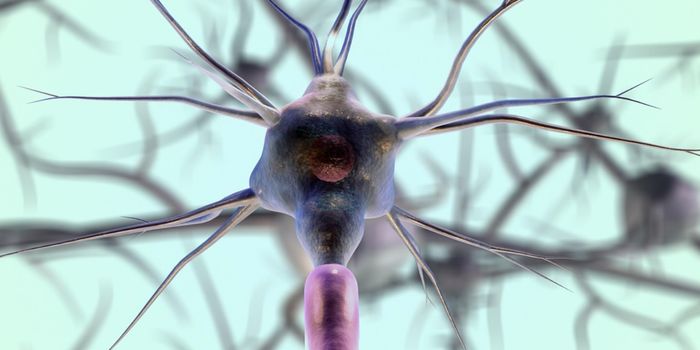Healthy Diet, Exercise and Reading Boost Cognition in Children

Studies show that physical activity and increased consumption of fish, vegetables, and high-fiber grains are linked to improved cognition and academic performance in children. Studies, however, remain inconclusive on how interventions aimed at increasing these metrics affect cognition. To resolve this, the researchers behind the current study investigated the effects of physical and dietary interventions on children's cognition over two years.
To do so, they recruited 504 children who were aged between 6-9 years old at the start of the study. They were allocated into either a combined dietary and physical intervention group or a control group. Interventions included six dietary counseling sessions and six physical activity counseling sessions of 30- 45 minutes over two years. Children were also encouraged to participate in after-school exercise clubs. The researchers assessed childrens' cognition, diet, and sedentary and physical activity time.
Ultimately, the researchers found that their intervention had no effect on cognition. They found, however, that children with higher Baltic Sea Diet scores, who consumed more low-fat milk and less red meat and sausages, experienced improved cognition over the two-year study period. They added that increased participation in organized sports, sedentary time, and reading were linked to better cognition while unsupervised physical activity, computer use, and writing were linked to decreased cognition.
The researchers noted that their interventions may not have worked as they primarily focused on improving health behaviors as opposed to including a large volume of specific tasks that challenge the brain, such as physical activity requiring complex, controlled and adaptive movements.
They added that their findings were limited as they couldn't account for all potential confounders, such as some environmental or lifestyle factors, and that information on diet quality and sedentary behaviors were assessed via self-reports which may be prone to bias.
"In the lives of growing children, diet and physical activity intervention is just one factor influencing lifestyle and reasoning skills," said study author Dr Eero Haapal, Adjunct Professor in Paediatric Exercise Physiology at the University of Eastern Finland, in a press release," Based on our study, investing in a healthy diet and encouraging children to read are beneficial for the development of reasoning skills among children. Additionally, engaging in organised sports appears to support reasoning skills."
Sources: Science Daily, The Scandinavian Journal of Medicine and Science in Sports








